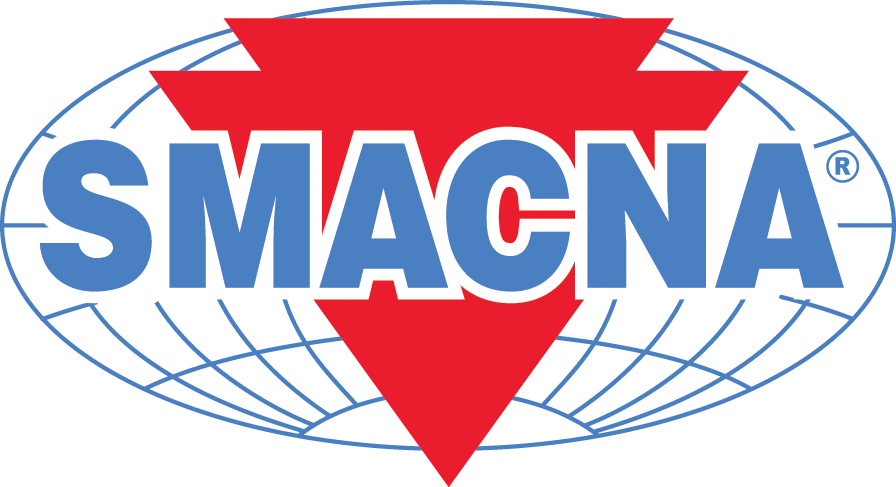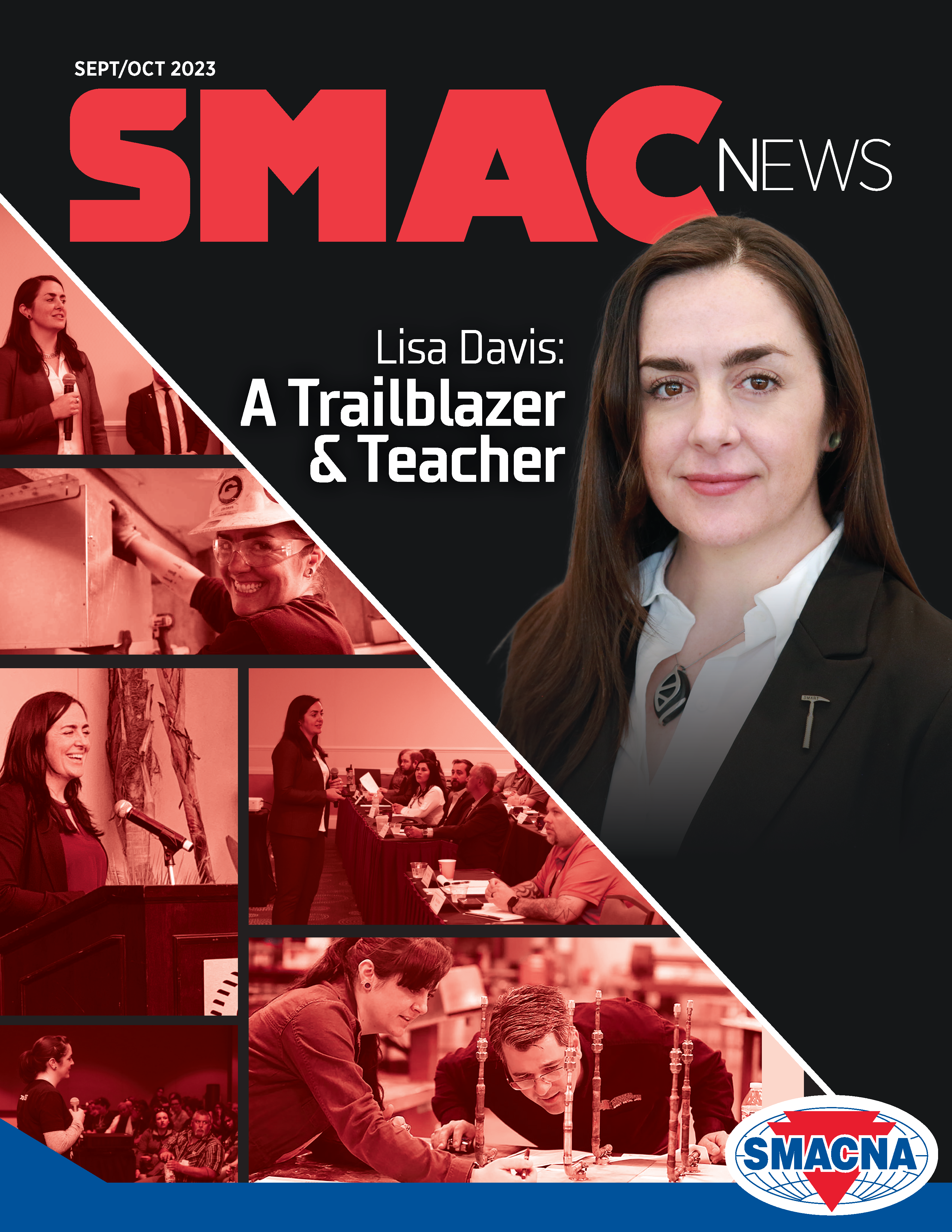Labor Board Issues Several Significant Decisions
Over the past month, the National Labor Relations Board (NLRB or Board) has issued several significant decisions, including expanded scrutiny of employer policies and handbooks, an expansion of what constitutes “protected concerted activity” and two
Over the past month, the National Labor Relations Board (NLRB or Board) has issued several significant decisions, including expanded scrutiny of employer policies and handbooks, an expansion of what constitutes “protected concerted activity” and two new paths to unionization. The NLRB also issued a final rule that shortens the timeline for union elections. These decisions are significant departures from the Board’s existing case law, and SMACNA contractors should take note.
Assessing Lawfulness of Work Rules
In Stericycle, Inc., 372 NLRB No. 113 (2023), the Board adopted a stricter standard for assessing whether employer work rules infringe on employees’ rights under Section 7 of the National Labor Relations Act (NLRA or Act).
Under the new standard, if a reasonable employee could conceivably interpret a rule to infringe upon Section 7 rights, then the rule is presumptively unlawful.
Under the new rule, the Board will read the rule from the perspective of an “economically dependent employee who is contemplating engaging in Section 7 activity,” rather than merely a “reasonable employee.” An employer’s intent in drafting the rule is immaterial. The Board also will review each rule on a case-by-case basis.
More Protections for Concerted Activity
In Miller Plastic Products Inc., 372 NLRB No. 134 (2023), the Board returned to the “totality of the circumstances” test for determining whether an employee who intends to induce group action by fellow employees engages in protected concerted activity under Section 7 of the NLRA.
In American Federation for Children Inc., 372 NLRB No. 137 (2023), the Board held that concerted advocacy by employees on behalf of non-employees (e.g., former employees) is protected by Section 7 of the NLRA when the concerted action can benefit the statutory employees.
Unilateral Changes, Past-Practice Defense
In Tecnocap, 372 NLRB No. 136 (2023), the Board held that an employer’s past practice of unilateral changes that was developed under a management-rights clause in a collective bargaining agreement cannot authorize unilateral changes made after the agreement expires and while bargaining for a new agreement is under way.
Two New Pathways to Unionization
In Cemex Construction Materials Pacific, LLC, 372 NLRB No. 130 (2023), the Board created a new framework for unions to seek representational status under the NLRA. The decision creates two new mechanisms for unions to represent workers via “card check” — and without conducting a secret-ballot election.
The first method is for the union to obtain “union authorization cards” from a majority of workers and demand recognition from the employer. If the employer fails to act within 14 days of the union’s demand, then the NLRB will consider the employer to have waived its right to a secret-ballot election and, if the union truly represents a majority, then the employer will have violated the NLRA by failing to bargain with the union.
The second method is if the employer commits “any” unfair labor practice (“ULP”) that “requires setting aside the election.” Under Cemex, the Board will order the employer to bargain with a union — even if the union lost the secret-ballot election. If the Board determines the employer committed “any” ULP, that invalidates the election.
“Quicky Election” Rules Return on Dec. 26
On Aug. 25, the Board published a Final Rule incorporating several changes to its procedures governing union representation elections that are designed to shrink the timeline for conducting union representation elections.
The amendments include scheduling pre-election hearings 10 days sooner, limiting the types of issues that can be litigated at a pre-election hearing and eliminating the requirement that parties be permitted to file briefs following a pre-election hearing.
The NLRB’s new election rules are effective Dec. 26.
Grant Collins is a specialist in labor and employment law at Felhaber Larson. Reach him at gcollins@felhaber.com.
Published: October 30, 2023
IN THIS ISSUE
5 Reasons Why Belonging Matters
BE4ALL (Belonging and Excellence for All) lauched in December 2021. The initiative envisions a diverse, inclusive and unionized sheet metal industry that is welcoming and fosters belonging for all.
A Milestone Coup for Contractors
The Davis-Bacon Act final rule is a win for SMACNA members and quality-driven contractors bidding on federal and public works projects.
Budget & Forecast Your Way to a Profitable 2024
Because private companies don’t face the same scrutiny and reporting requirements as their public counterparts, the budgeting and forecasting process is often overlooked or underutilized by many construction companies.
Choose Your Social Media Platforms Wisely
Ready to add social media to your marketing strategy? Target the platforms that fit your business needs for best results
Duct & Cover
Hohler’s Furnace and Sheet Metal tackles the HVAC for a shooting range.
Everyone Is Invited — BE4ALL
Forget the quotas. No more arbitrary demands. The purpose of Belonging and Excellence for All (BE4ALL) is to meet real-world demands for the best, most qualified workforce available for the industry.
Fall Brings Positive Energy & Continued Focus
SMACNA's CEO talks about the need for SMACNA contractors to become as involved as possible in the political process and outlines some of the tools that have been provided by SMACNA's Government Affairs team.
Installing Sculpted Sheet Metal
Indianapolis-based Gainbridge Fieldhouse entrusts the installation of two new sculptures to SMACNA member.
Labor Board Issues Several Significant Decisions
Over the past month, the National Labor Relations Board (NLRB or Board) has issued several significant decisions, including expanded scrutiny of employer policies and handbooks, an expansion of what constitutes “protected concerted activity” and two
Lisa Davis: A Trailblazer & Teacher
Lisa Davis is the first woman administrator of the National Energy Management Institute and a voice for mentorship, opportunity and inclusion.
Look at the Entire HVAC System to Maximize IAQ & Gain a Competitive Advantage
SMACNA's President outlines the need for contractors to understand how to leverage their skills and resources to deliver maximum value to their clients while also meeting their operational needs in this ever changing environment.
SMACNA Endorses the IRS Tax Credit Direct Pay Rules & a SMACNA Issue Scorecard
The Inflation Reduction Act of 2022 (IRA), Public Law 117-169, not only introduced a range of new and enhanced clean energy-related tax credits, but also created two new ways for taxpayers and tax-exempt entities to monetize these credits.
Tackling One of the Largest Construction Projects in U.S. History
Pharmaceutical facility experience comes in handy during a job at an electrical vehicle battery manufacturing plant.
Welcome New SMACNA Members



